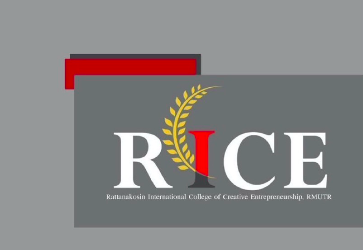Publication Ethics

Publication Ethics
RICE Journal of Creative Entrepreneurship and Management (RJCM) has policies on publication ethics after the guidelines given by Committee on Publication Ethics (COPE) <https://publication ethics.org>. Publication ethics policies mainly involve duties of (1) Authors, (2) Editors, and (3) Reviewers.
Authors:
Authors or paper contributors shall not submit simultaneous or duplicate manuscripts. It is imperative that authors submit work of original investigation and acknowledge concepts, research methodology and findings of preceding authors or researchers by giving proper references. If required, authors need to seek permission for the use of specific data or adaptation of research methodology as well as provide evidence on approval of professional ethics in the selected field of study. Plagiarism of all kinds are unacceptable and will result in paper rejection and permanent dismissal by RJCM. Authors shall be solely and fully liable for all viewpoints and research components used in published papers.
If required, under the guidelines given by the institutional/ national board of research ethics on the use of human subjects in social science research, authors are responsible for complying with the established criteria as well as securing a certified approval from the board for the purpose of protecting the human subjects in the study regarding their rights, security, health, privacy and confidentiality.
Editors:
The editors are to ensure transparency in the publication policies, communication with corresponding authors regarding submission, response on paper acceptance/ rejection, and notification of double-blinded review results for paper revision. In particular, the editors shall not consider multiple submission or redundant publication. The editors shall provide information on the RJCM website on ownership, editorial board, publication policies, publication schedule, data access and sharing, pre- and post-publication contacts—ranging from inquiries from paper contributors, correspondence, requests for clarification, comments for paper revision, to complaints or appeals, if any. The editors reserve the right not to deal with allegations of research misconduct from any party concerned under the condition that concrete evidence is found for the act of malpractice.
Reviewers:
Reviewers are in the double-blinded peer review process in evaluating submitted papers on the basis of criteria established by the editorial team. Reviewers shall remain anonymous to the authors whose papers are under review. It is imperative that reviewers’ decision on paper revision or rejection be justified by constructive comments or suggestions, as guided by professional ethics in selecting scholarly work for publication. Given comments must be written in an objective and professional manner without sarcasm or severe criticism. Reviewers shall keep their reviews strictly confidential in all circumstances.
It is required that reviewers have no known competing financial interests or personal relationships that could have appeared to influence the work reported in the reviewed paper.
